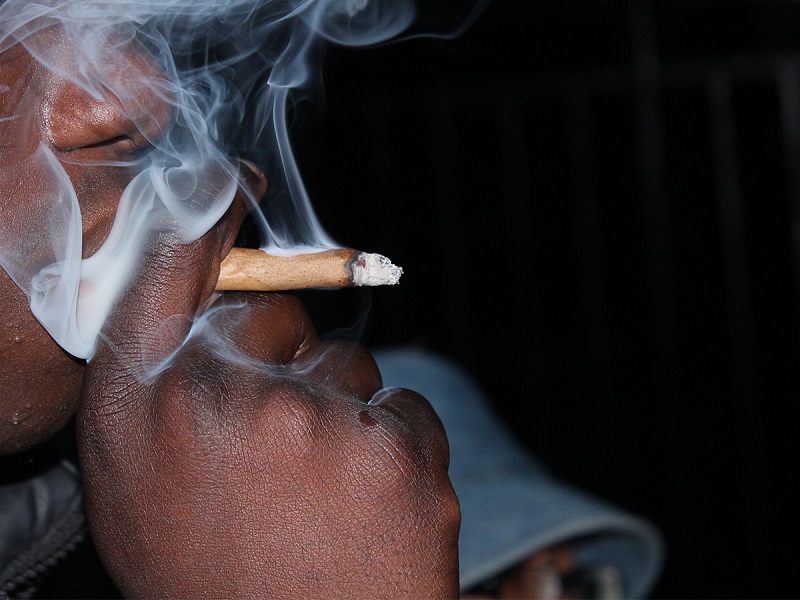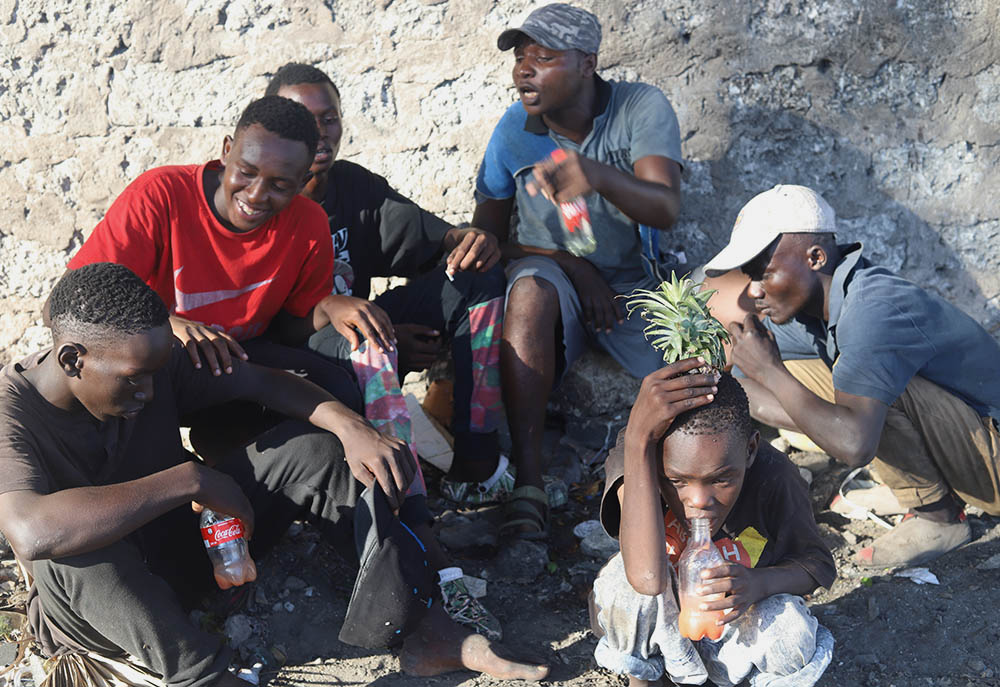
Alcohol and drug abuse is a stumbling block among the youth and adults, groups which are vital in the productivity and development of the nation.
In kenya it is estimated that most drugs users are between the 10-19 age bracket. With the most abused drugs being, bhang’, cannabis and psychotropic substances.

According to the 2017 survey by NACADA, approximately 12 .2% of persons aged between 15-65 years on an estimate of 3.3 million in Kenya, actively use alcohol while 10.4 of the same sample are addicts of narcotic drugs
Abuse of alcohol and drugs has a various social economic effects to the user. Critically it leads to serious mental health issues such as depression, developmental lags, apathy, withdrawal and other psychosocial dysfunctions.
Substance abuse in youth are at higher risk than none users for mental health problems such as depression conduct problems personality disorders suicidal thoughts attempted suicide and suicide.
Alcohol and drug abuse poses a major problem affecting the social economic development of a country.
Experts from the National Authority for the Campaign Against Alcohol and Drug Abuse (NACADA) in the Western region shed light on the proactive measures taken to combat drug abuse.
NACADA has been at the forefront of addressing this pressing issue by implementing various strategies and initiatives. Their effort aims to rectify drug abuse and its detrimental effects on individuals and communities.

Domestic violence continues to be a harrowing reality that many individuals face within the confines of their own homes. Behind closed doors, countless lives are marred by the physical, emotional, and psychological abuse inflicted by intimate partners or family members.
As this pervasive issue persists, it is imperative to shine a spotlight on the profound impact it has on victims, their families, and society as a whole.
The battle against domestic violence requires unwavering dedication, collective action, and a steadfast commitment to creating safe and nurturing environments for all.
The alarming rise in teenage pregnancies has become a pressing concern affecting communities worldwide. Amidst the backdrop of youthful dreams and aspirations, countless young lives are being derailed by the harsh realities of early parenthood.
The implications of teenage pregnancies extend far beyond the individual, exerting a significant toll on families, societies, and the overall well-being of affected girls. To tackle this pervasive issue, it is crucial to address the underlying factors contributing to teenage pregnancies and implement comprehensive strategies that empower young people with knowledge, access to resources, and support systems.
The fight against teenage pregnancies demands urgent attention, as we strive to safeguard the future of our adolescents and create a society where every young person can thrive and fulfill their potential.





